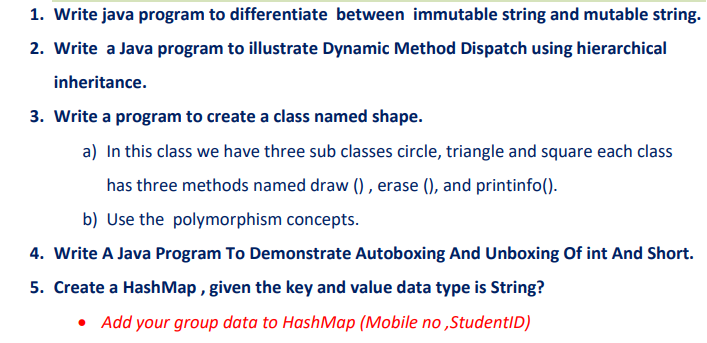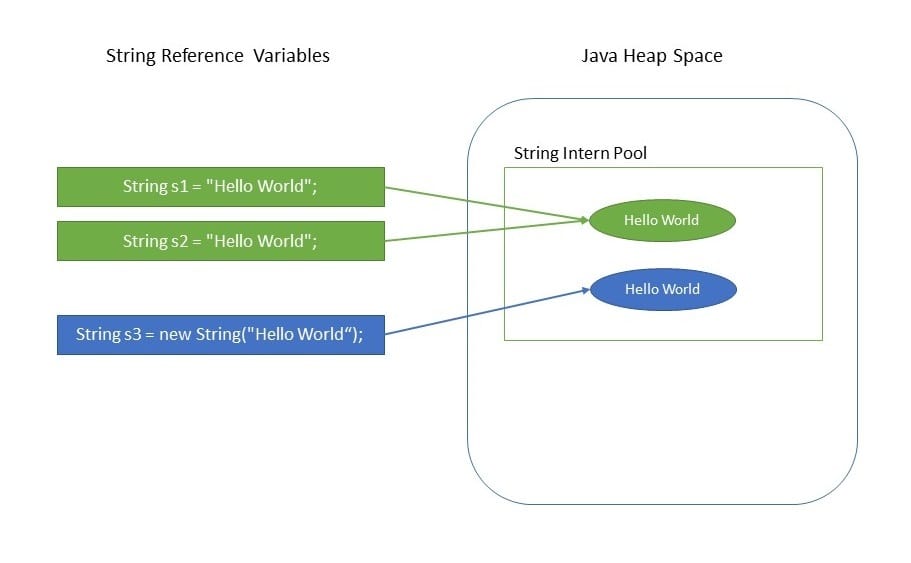Why Are Strings Immutable in Java? Comprehensive Analysis for Designers
Why Are Strings Immutable in Java? Comprehensive Analysis for Designers
Blog Article
The Development of Immutable String Handling: A Crucial Facet of Software Program Development
In the elaborate realm of software growth, the handling of immutable strings stands as a cornerstone that has actually undertaken considerable development over time. From its humble beginnings to the complex tests come across in very early implementations, the journey of immutable string control has been an important facet of software engineering. As we navigate through the historical landscape of this basic concept, mapping the innovations, safety and security effects, and arising patterns, we discover ourselves at a juncture where the innate value of comprehending this evolution ends up being increasingly noticeable.
Origins of Unalterable Strings
When designers sought to improve the reliability and security of data dealing with mechanisms,The idea of immutable strings traces back to the very early days of programming languages. Immutable strings describe strings that can not be changed after they are produced. This fundamental principle was introduced to address concerns regarding data integrity and avoid unexpected adjustments to critical information saved as strings.

Furthermore, unalterable strings add to enhancing the general protection of software application systems (Why are strings immutable in Java?). By protecting against unauthorized parties from meddling with sensitive string information, unalterable strings aid alleviate the threat of information violations and unapproved accessibility to private info. This foundational concept proceeds to play an important role in modern-day programs languages and stays a foundation of durable and secure software advancement techniques
Early Challenges and Solutions
One of the key challenges in dealing with immutable strings was handling memory efficiently. In addition, ensuring that strings remained unchanged verified to be complicated, particularly when several components of the codebase required to access and change information.
To deal with these challenges, designers began carrying out information security methods to shield sensitive info saved in unalterable strings. Security helped secure information from unapproved accessibility and adjustment. Moreover, the introduction of hashing algorithms gave a means to validate the honesty of immutable strings by generating special checksums based upon their materials. If any type of alterations had actually taken place, these checksums allowed for fast contrasts to figure out. By integrating file encryption and hashing methods right into the handling of unalterable strings, designers dramatically improved the safety and dependability of information within software application systems.

Advancements in String Immutability
In software growth, a significant advancement in the handling of unalterable strings has emerged through innovations in information file encryption and hashing strategies. By utilizing secure hash formulas like SHA-256 or cryptographic strategies such as AES security, designers can make sure that sensitive info saved in unalterable strings stays tamper-proof and protected. These developments have strengthened the stability and privacy of data within applications, particularly in fields where information safety and security is paramount, such as finance, cybersecurity, and medical care.
Additionally, developments in string immutability have actually led the way for enhanced performance optimization. Unalterable strings allow for extra effective memory monitoring and caching methods, decreasing the overhead related to regular string manipulations (Why are strings immutable in Java?). This optimization not only boosts the general responsiveness of software program applications but additionally contributes to far better scalability and resource use
Security Ramifications and Ideal Practices
With the structure laid by advancements have a peek at these guys in string immutability, comprehending the protection implications and carrying out best methods becomes extremely important in protecting delicate information within software applications. Immutable strings play a crucial duty in improving protection by preventing unauthorized alterations to information, ensuring data integrity throughout the application's lifecycle. By making use of unalterable strings, developers can reduce typical susceptabilities such as shot strikes, barrier overflows, and data tampering, which are typically manipulated by destructive stars to endanger systems.
To improve security further, best methods ought to be complied with when taking care of delicate details. This includes encrypting data at rest and in transit, executing proper access controls, employing safe coding techniques, and routinely updating software parts to spot recognized susceptabilities. In addition, programmers must follow the principle of least privilege, making sure that just essential approvals are approved to processes and customers. By incorporating these safety steps and best techniques right into software application development procedures, companies can much better shield their data assets and minimize the threat of safety breaches and data leaks.
Future Trends in String Handling
Among the ever-evolving landscape of software development, the trajectory of string handling is poised to witness considerable innovations and developments. Designers are discovering brand-new formulas and data structures to enhance the rate and efficiency of string operations.
Moreover, one more fad on the perspective is the assimilation of artificial intelligence (AI) and artificial intelligence (ML) in string dealing with tasks. AI-powered tools are being developed to automate and improve different string control procedures, resulting in enhanced efficiency and accuracy in software application development workflows.
Furthermore, there is an expanding focus on boosting the protection facets of string taking care of via advanced file encryption techniques and safe coding methods. As cyber risks remain to evolve, ensuring the honesty and discretion of data within strings is coming to be a top concern for programmers. By embracing robust security actions, such as file encryption at remainder and in transit, programmers can alleviate the risks connected with string adjustment vulnerabilities.
Conclusion
To conclude, the development of immutable string handling has been a critical facet of software application development, beginning with its origins to the improvements made in the last few years. Early challenges have actually been attended to through ingenious services, bring about improved safety practices in taking care of strings. It is essential for developers to stay upgraded on the current fads in string immutability to guarantee the robustness and protection of their software applications.
Unalterable strings refer to strings that can not be changed after they are produced. Why are strings immutable in Java?. By protecting against unauthorized celebrations from tampering click resources with delicate string data, immutable strings aid mitigate the danger of information violations and unauthorized accessibility to confidential info. By including encryption and hashing techniques right into the handling of unalterable strings, designers considerably improved the protection and reliability of data within software application systems
Unalterable strings allow for much more efficient memory monitoring and caching strategies, decreasing the expenses linked with constant string manipulations. Unalterable strings play an essential function in enhancing safety by protecting visite site against unapproved modifications to data, ensuring information integrity throughout the application's lifecycle.
Report this page